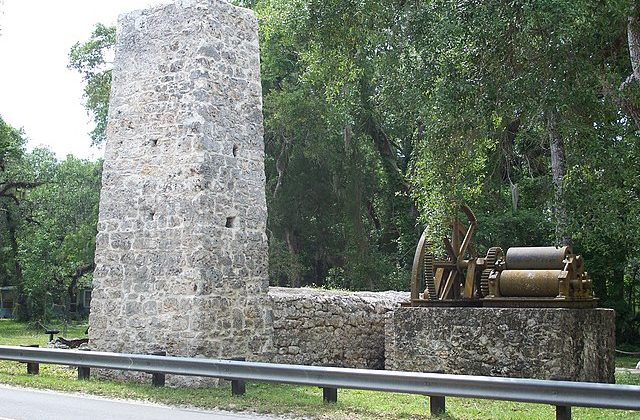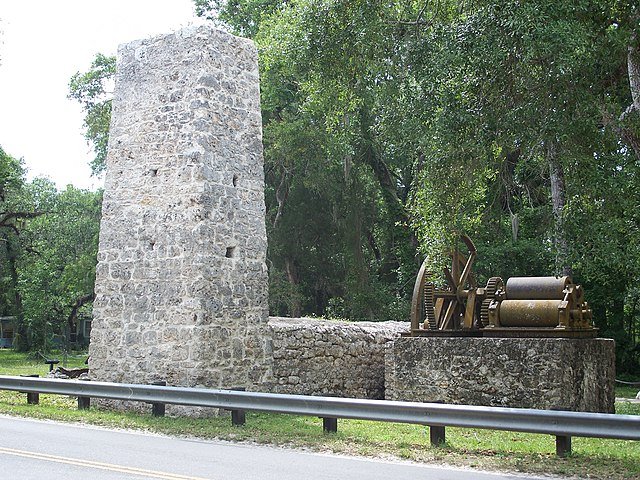
This is Part II of Ideas in progress with Dr. Colleen Vasconcellos. This is also the more serious part of this interview. If you missed Part I, which has all the fun and funny content (Jell-O! Pirates! Pirates of the Caribbean! Why is the rum all gone?), you want to remedy that.
What projects do you have in the pipeline right now?
I actually just finished my first ever—and likely the last—research leave, given the state of my university’s leadership at the moment. I am finishing a project on enslaved girls in 18th-century Jamaica that looks at their lives as girls first and enslaved laborers second. I have been researching three specific girls whose life histories are remarkably present, and I’ve found some very interesting connections between the three. I’ve nearly finished up the research phase, and I hope to start writing soon.
While working on that, I’ve been working on a parallel examination of the manumission process in Jamaica that will likely lead to at least an article or two. I am just getting my bearings with it and mostly have been going through the manumission records on the island to see who all was manumitted and what their stories are.
The British were notoriously undetailed record keepers, unlike the Spanish who seem to be interested in everyone’s business and left almost a telenovela accounting in their parish birth, marriage, and death records. The English are just so… well… English about it all, so it is taking more time to find the people within the accountings. So right now, I am just getting a feel for the routine of the manumission orders and writing down what I see with a plan to make sense of it later.
I am a social historian and one who has always subscribed to a methodology of letting the sources guide my research, so I will dive a little deeper once I’ve finished telling the stories of the girls I am researching now.
And then there is David Yulee. I hadn’t intended to begin anything new, but I sort of stumbled upon him on vacation last year and he is starting to make space in the back of my brain and I will have to deal with him at some point.
After submitting grades in December of 2022, I treated myself to a solo vacation to Crystal River, Florida, where I could spend some time with the manatees and shake off the past three years of stress and burnout so that I could begin my spring research leave with a clear head. As I was driving to Crystal River, I saw a small sign for the Yulee Sugar Mill Ruins and I found myself turning the car towards its direction before I even realized it. The site is very small, but I thought about it the entire weekend and spent the vacation googling his family and career from the couch. Not only was he Florida’s first Jewish senator–and America’s for that matter–but he was also a plantation owner whose father converted to abolitionism. The more I look into him and his family, the more interesting it becomes, and I feel like Alice traveling down the rabbit hole. So now I am having a serious conversation with myself about starting yet another project before finishing the others on my plate. Yulee is winning.
What are the broader questions that fascinate you in your reading, thinking, and writing? And what is on your “must read” list for this summer?
This is a hard question to answer because so many things come to mind. As historians, we are always thinking, always questioning, and always making connections. Even though we are protective of our time and boundaries, in a sense, we are always working. It can make even watching a movie or reading a book difficult, because our brains are always analyzing. I actually have little notebooks that I keep in different places like my purse and my car to jot things down when they interrupt my thoughts.
At its core, my research on enslaved youth is about survival—cultural, social, generational, and personal. Last semester, it hit me that I need to focus on my own survival by prioritizing me and my own time…hence my solo vacation to Crystal River.
The past three years have been hard with Covid, my mom’s progressive Alzheimer’s, and the way things have been changing at my home institution (and in academia in general). I am exhausted. I realized early last semester that I was using work as a coping mechanism, and I was deeply burned out. So now I am working to be more cognizant and protective of my own personal time by making an effort to turn off my work brain so that I can just be—but also be more present as a mom, wife, friend, and daughter.
I realize that as a full professor, I am coming from a place of privilege as I write this, because my time worrying about promotion and tenure is over (although I do take post tenure review very seriously). Still, I am really growing protective of my personal time and space. Covid taught me that we need to live in the moment. Eat the cake. Take the trip. Buy the shoes. Enjoy the quiet. I cannot keep working at this pace, or I won’t survive and life will pass me by. As a historian, missing moments is counterproductive to our very being.
As for reading, I am always reading something. I have read 98 books this year already and I just discovered an app that lets me check out eBooks from my library! So, I am learning to read for fun and it has been life changing.
This summer, I have been reading for no other purpose than to read stories to relax and enjoy the summer. The other day, I finished a modernized version of Pride and Prejudice, and now I am working my way through a fluffy series set in Nantucket that has no purpose whatsoever other than to make you relax and sigh and say “what a great story” when you finish. I am in heaven, and I feel better than I have in years.
